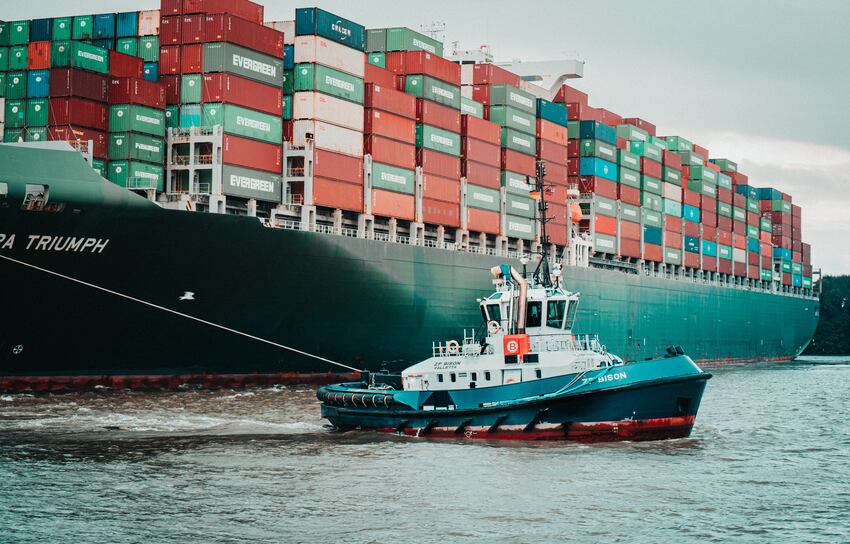In the contemporary landscape of global commerce, the concept of supply chain resilience has evolved from a strategic advantage to an imperative for industries worldwide. The increasing frequency of disruptions—ranging from natural disasters to pandemics and geopolitical events—has prompted businesses to rethink their supply chain strategies. This article delves into the innovative strategies and technological advancements adopted by various sectors to fortify their supply chains, ensuring adaptability and resilience in the face of unforeseen challenges.
Dynamic Supply Chain Modeling
Traditional, static supply chain models are giving way to dynamic and adaptive frameworks capable of responding to unpredictable events. The integration of advanced analytics, artificial intelligence (AI), and machine learning allows industries to create models that can quickly adjust to changes in demand, disruptions in transportation, and other unforeseen challenges. This dynamic approach enhances overall resilience by ensuring that supply chain strategies remain flexible and responsive in real-time, minimizing the impact of disruptions on the flow of goods and services.
Blockchain Technology for Transparent and Resilient Supply Chains
Blockchain technology has emerged as a game-changer in creating transparent and secure supply chains. By providing a decentralized and tamper-resistant ledger, blockchain ensures traceability and visibility throughout the supply chain. This transparency reduces the risk of fraud, enhances trust between stakeholders, and creates a resilient foundation for industries to quickly identify and rectify disruptions. From verifying the authenticity of products to streamlining documentation processes, blockchain contributes to building resilient and trustworthy supply chains that can withstand the challenges of a dynamic business environment.
Localized Production and Distributed Manufacturing
To mitigate risks associated with global disruptions, industries are embracing localized production and distributed manufacturing strategies. Diversifying production locations, leveraging 3D printing and additive manufacturing, and collaborating with local suppliers are key components of this approach. By decentralizing production processes, companies create more resilient and adaptive supply chains that can withstand global shocks. This shift towards localized production not only reduces dependency on a single point of failure but also enhances the agility of supply chains, enabling industries to navigate disruptions with greater ease and efficiency.
Risk-Intelligent Procurement Strategies
The procurement phase plays a crucial role in building supply chain resilience. Industries are increasingly adopting risk-intelligent procurement strategies, involving thorough risk assessments, contingency planning, and the cultivation of relationships with alternative suppliers. Proactively identifying and addressing potential risks in the procurement process strengthens supply chains against disruptions. By having alternative sourcing options and flexible procurement strategies, companies can navigate challenges with resilience, ensuring a continuous flow of essential goods and services even in the face of unforeseen disruptions.
Cross-Industry Collaboration
Recognizing the interconnected nature of global supply chains, industries are turning to cross-industry collaboration to enhance resilience. Partnerships and alliances are formed to share resources, information, and best practices. This collaborative approach enables industries to navigate challenges collectively, share insights, and build a network of mutual support. Cross-industry collaboration fosters a culture of collective problem-solving and resilience, creating a robust ecosystem that can withstand disruptions by leveraging the strengths and resources of diverse sectors.
Resilient Transportation Networks
A resilient supply chain heavily relies on robust transportation networks. Industries are optimizing transportation routes, diversifying modes of transport, and investing in smart logistics solutions to ensure the continuous movement of goods during disruptions. By adopting advanced technologies like Internet of Things (IoT) sensors and GPS tracking, companies enhance visibility and traceability in transportation operations. These efforts contribute to minimizing delays and maintaining supply chain resilience, ensuring that goods reach their destinations efficiently, even in the face of unexpected challenges.
Human-Centric Supply Chain Management
Recognizing that a skilled and healthy workforce is crucial for maintaining supply chain operations, industries are adopting human-centric supply chain management practices. From flexible working arrangements to employee well-being programs, prioritizing the workforce becomes integral to building a resilient supply chain. Ensuring the health and safety of workers not only contributes to a positive workplace culture but also guarantees the continuity of operations during disruptions. Human-centric supply chain management aligns the needs of the workforce with the overarching goal of supply chain resilience.

